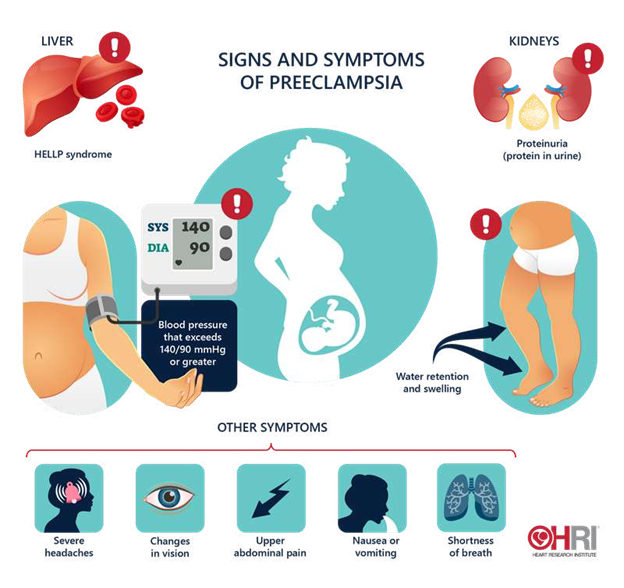A nurse is caring for a client who is pregnant and Rh-negative. The nurse should plan to monitor which of the following maternal laboratory test results to determine maternal-fetal blood incompatibility?
Homocysteine.
Indirect Coombs.
Erythropoietin.
aPTT.
The Correct Answer is B
The indirect Coombs test is used to detect antibodies against foreign red blood cells in the maternal serum. This test can help identify maternal-fetal blood incompatibility, which can cause hemolytic disease of the newborn.
Choice A is wrong because homocysteine is a type of amino acid and is not related to blood compatibility.
Choice C is incorrect because erythropoietin is a hormone that regulates red blood cell production and is not a specific test for detecting maternal-fetal blood incompatibility.
Choice D is not the correct answer as aPTT (activated partial thromboplastin time) is a test used to evaluate blood clotting factors and is not directly related to monitoring maternal-fetal blood incompatibility.
Nursing Test Bank
Naxlex Comprehensive Predictor Exams
Related Questions
Correct Answer is C
Explanation
This can be a sign of preeclampsia, a serious complication of pregnancy that causes high blood pressure and proteinuria.

The nurse should report this finding to the provider and monitor the client’s blood pressure, urine protein, and reflexes.
Choice A is wrong because leg cramps are a common discomfort during pregnancy and are not usually a sign of a complication.
Choice B is wrong because ptyalism, or excessive salivation, is a normal physiological change during pregnancy and does not indicate a problem.
Choice D is wrong because melasma, or darkening of the skin on the face, is also a normal physiological change during pregnancy and does not pose a risk to the mother or the fetus.
Correct Answer is D
Explanation
A client who is 1 day postpartum and has not voided in 8 hr. This client is at risk of urinary retention, bladder distension, and infection due to the effects of epidural anesthesia, perineal trauma, and fluid shifts after delivery. The nurse should assess the client’s bladder and catheterize if necessary.
Choice A is wrong because a client who is 2 days postpartum and whose fundus is 2 to 4 cm below the umbilicus is showing a normal finding.
The fundus should descend about 1 to 2 cm per day after delivery and be nonpalpable by day 10.
Choice B is wrong because a client who is 3 days postpartum and has not had a bowel movement since prior to admission is not uncommon.
Constipation is a common problem after delivery due to decreased peristalsis, dehydration, and fear of pain.
The nurse should encourage fluid intake, fiber intake, and early ambulation to promote bowel function.
Choice C is wrong because a client who is 4 days postpartum and has lochia serosa is also showing a normal finding.
Lochia serosa is the pinkish-brown discharge that occurs from day 4 to 10 after delivery.
It consists of old blood, serum, leukocytes, and tissue debris.
Whether you are a student looking to ace your exams or a practicing nurse seeking to enhance your expertise , our nursing education contents will empower you with the confidence and competence to make a difference in the lives of patients and become a respected leader in the healthcare field.
Visit Naxlex, invest in your future and unlock endless possibilities with our unparalleled nursing education contents today
Report Wrong Answer on the Current Question
Do you disagree with the answer? If yes, what is your expected answer? Explain.
Kindly be descriptive with the issue you are facing.
